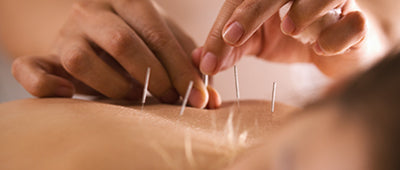Sperm: Quality over Quantity?
It’s a common misconception that when undertaking a fertility journey, people have been inclined to think that any problems usually relate to the woman but in fact, more than 40% of fertility cases in recent years have related specifically to the man.
Over the last 50 years, male sperm counts have declined rapidly – originally a common/healthy number was 500 million. Now, anything under 20 million is considered a low sperm count and if that’s not enough to get your head round, (where have they all gone?), it transpires that we’re damaging the very DNA of our semen’s quality with our modern lifestyle habits.
Checking for quality
When couples have been trying unsuccessfully for a baby, they will usually visit their GP who will then send a sperm sample off to test. That’s fine as a first step but as a standard test, laboratories will review the sample under a microscope to count the number of sperm, if they can swim and what they look like, which whilst important, only provides an overview of the sperms quality.
Testing for sperm DNA damage is a new technique that has begun to enter clinical practice. This includes looking at the sperm at a much deeper, molecular level. High levels of DNA damage in semen are associated with reduced reproductive outcomes, including lower rates of conception, reduced success at IVF and early pregnancy loss.
Gents can now access the sperm DNA test through IVF Matters, to highlight whether any issues are present and help provide a clear route to rectifying any known problems even before the emotional rollercoaster of a fertility pathway is established.

Eat right for your sperm
If you already know that your sperm DNA needs some improvement, you can speak to an experienced fertility nutritionist here at IVF Matters.
Our unique nutritional needs are more than just changing to a widely acknowledged ‘balanced diet and healthy lifestyle’. A nutritionist can specifically advise which foods have the right vitamins and micronutrients that are best for the healthy development of your sperm based on any deficiencies presented by a sperm DNA test, and they can also advise which foods are best avoided. There is no one size fits all solution when it comes to improving the quality of your semen and not only will your sperm benefit but you will feel healthier too.






